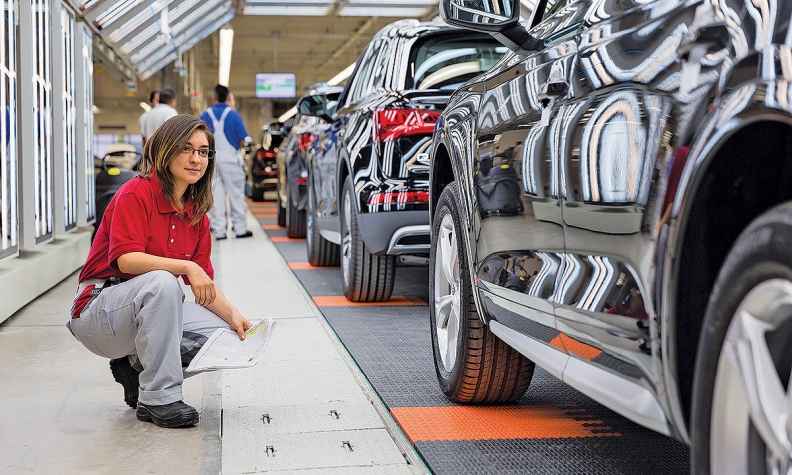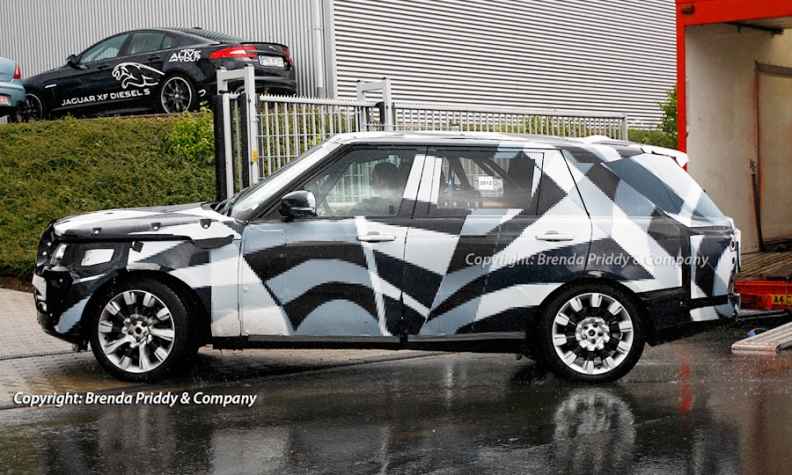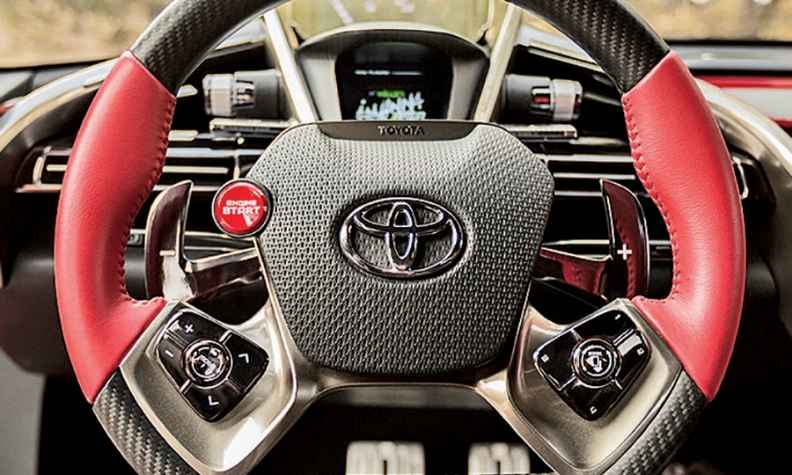Anyone who has spent time in January at CES, the Detroit auto show or the National Automobile Dealers Association convention will realize that things are changing in the auto world far more rapidly than anyone expected.

Take, for example, the complexity of new vehicles.
There was a time when a customer could go to the service department of a dealership and expect the service staff to remove, rebuild and reinstall an automatic transmission. Not anymore. With 10-speed gearboxes, those transmissions have to be removed and shipped off for an exchange.
I can't help but wonder whether the Bolt EV can be serviced by the typical Chevrolet dealership. Certainly not without a lot of specialized training.
It will take a lot of special training to figure out the newly introduced hybrids and plug-in electrics. Can every dealership handle adaptive cruise control? And what about autonomous vehicles?
Then there is the parts department to consider. At the very least, an extra room will be required for all the new electronic components those vehicles will be equipped with in the future. Maybe even an entirely separate service department with its own personnel will be needed.
If the service challenges don't keep you up at night, are you ready to train an existing sales force to sell all those electric and autonomous vehicles?
The body shop just might be the only part of the dealership that will continue in a so-called conventional manner -- unless, of course, it has to deal with exotic materials.
Let's face it, the entire dealership will need retraining, starting with the owners and department managers.
To call it a revolution is an understatement. Still, franchised dealerships will continue to sell vehicles, regardless of what kinds of powerplants they have and whether or not the vehicles are self-driving. And as vehicles become more complex, it will be even more important for retailers to be ready to fix them. It will take a great deal of training and retraining to make sure customers buying those vehicles have the information and service they need and deserve.
As NADA enters its second century, it also is entering a new era.
It will be up to the association to help make sure its members, working with the factories, can get the necessary training.
And the time to start the training is now.









Post your comment